Confidence Staveley is Africa’s most celebrated female Cybersecurity Leader, Talent Developer, Blockchain Security Professional, Global Speaker and Inclusion advocate. She has achieved numerous professional certifications and industry recognitions for her outstanding work.
Confidence is an official member of the Forbes Technology Council, an invitation-only community for world-class CIOs, CTOs, and technology executives. Winner of the 2023 Cybersecurity Woman of the World Award.
Confidence’s superpower? A deep understanding of cyber security fused with great communication skills; enabling her to communicate cyber security best practices in a relatable and engaging way with no jargon, to audiences of all types. Little wonder she has been nicknamed “The Relatable CyberSecurity Queen”.
Cybersecurity Woman of the Year, IFSEC Global Top Influencer in Security &; Fire 2021, Top 50 women in Cybersecurity Africa, Meridian Global Leadership Award, etc. She is an alumnus of some of the most prestigious fellowships across the world such as the 2021 Obama Foundation African Leaders, International Visitors Leadership Program (IVLP), etc.
Confidence has spoken at conferences around the world, including the Payment Card Industry Security Standards Council Meeting in Europe and North America, The World Bank Digital Development Seminar, etc. It is a testament to her global thought leadership and influence.
She is the Founder of CyberSafe Foundation, an NGO improving inclusive and safe digital access in Africa; and Co-Founder of MerkleFence, a web3 security consulting company.
Confidence’s upcoming book, API Security for White Hat Hackers, is a comprehensive guide on becoming an API security expert and safeguarding your applications against threats. The guide walks you through uncovering offensive defense strategies and mastering secure API implementation.
Here are a small sampling of the awards Confidence has won over the past 2 years:
- The Global Achievement Award, by ISC2 October 2023
- Cybersecurity Woman of the World, August 2023
- Herconomy Woman of the Year: Innovation and Technology award, by Herconomy June 2022
- Cybersecurity Merit Award: Cybersecurity Woman of the Year, October 2022
- Meridian Global Leadership Award – Global Citizen Award, October 2022
- Cybersecurity Women of the Year – Women Supporter of the Year Award, August 2022
- The Young CISO Network Award, March 2022


















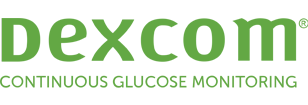

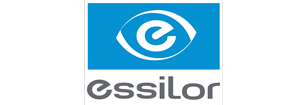



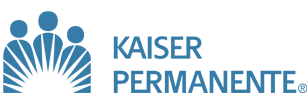











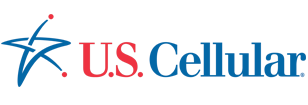

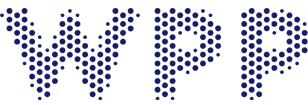





Your keynote was so great! We loved hearing from you and meeting you. Terrific job!”
Your keynote was so great! We loved hearing from you and meeting you. Terrific job!”